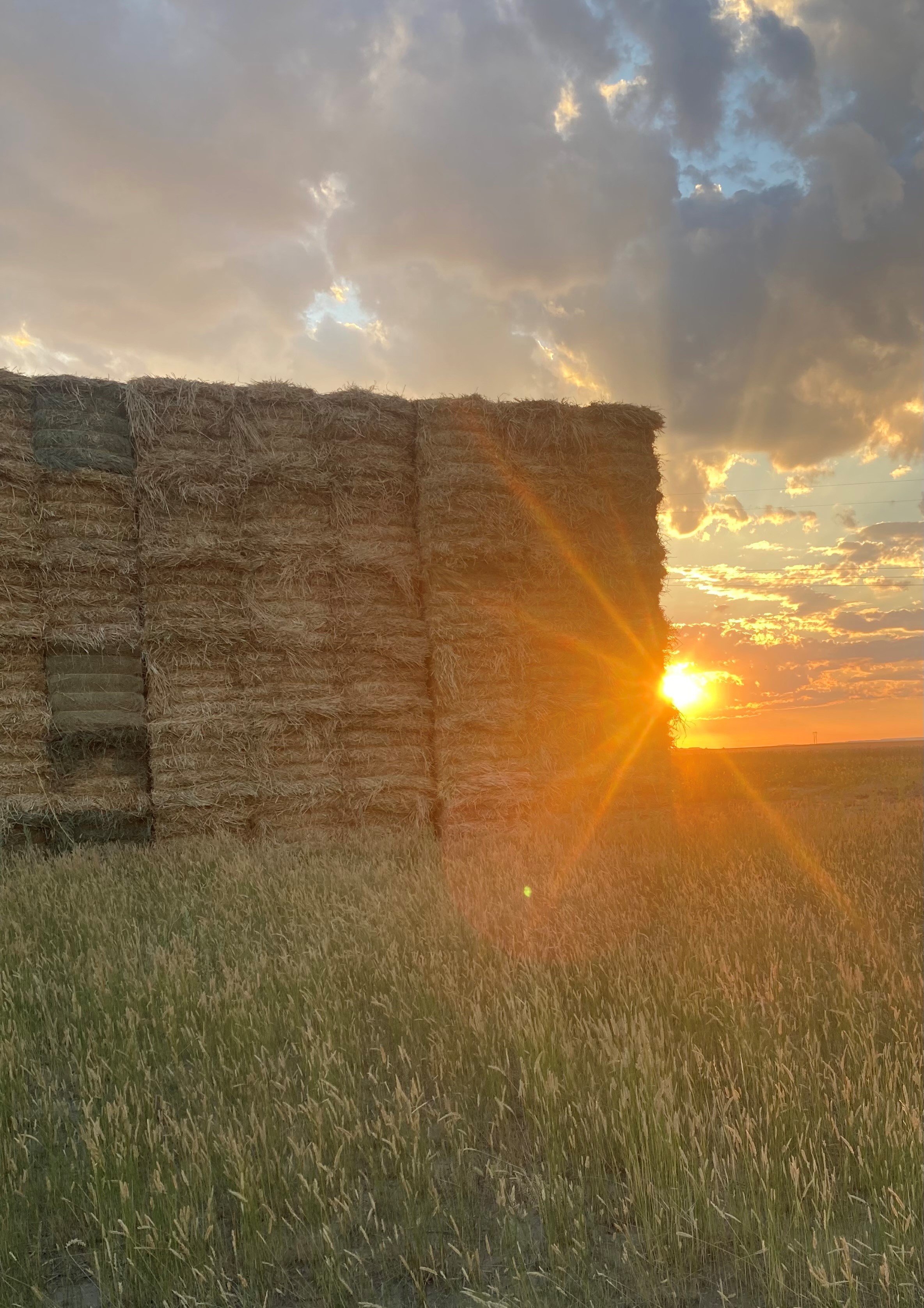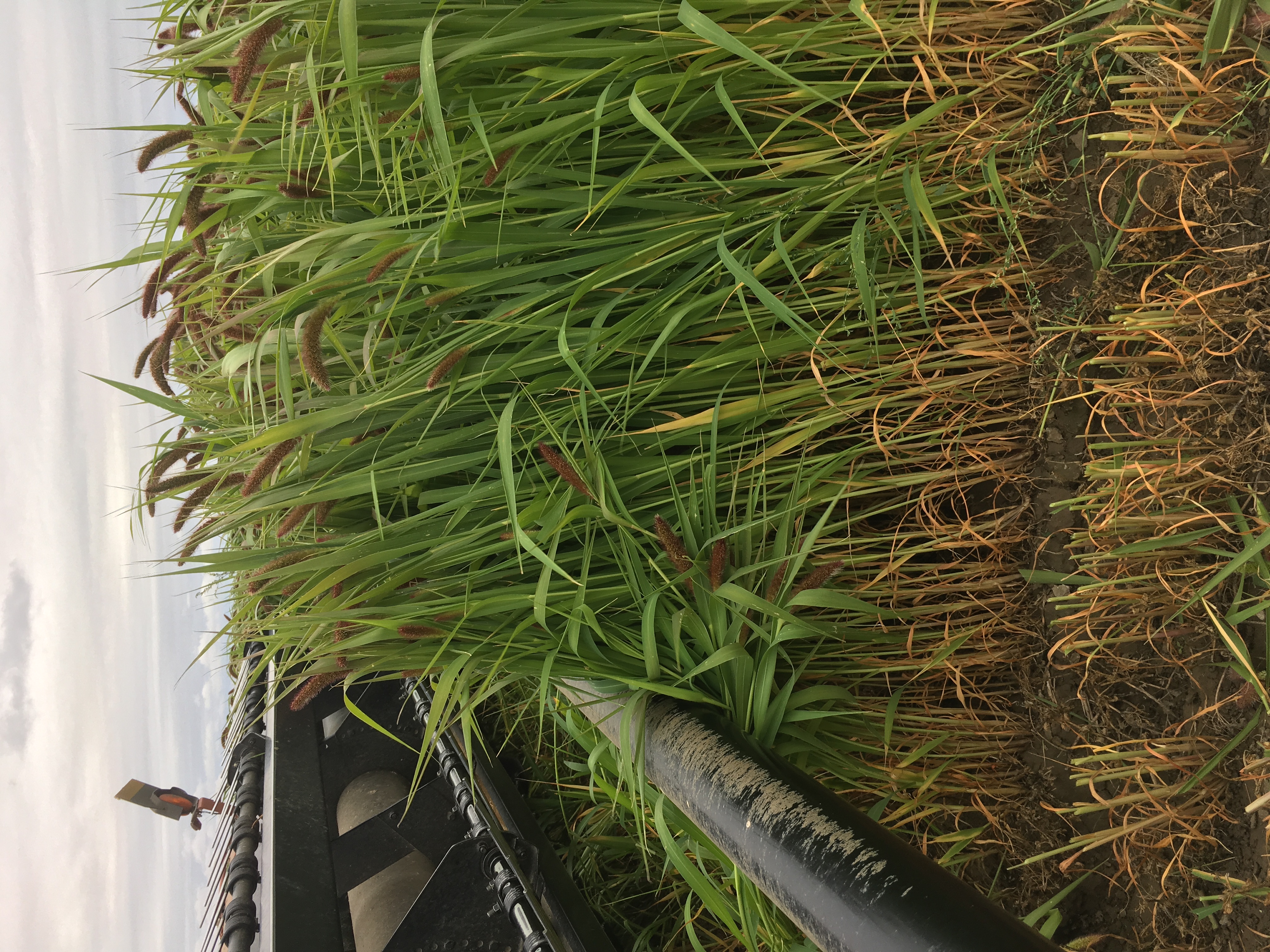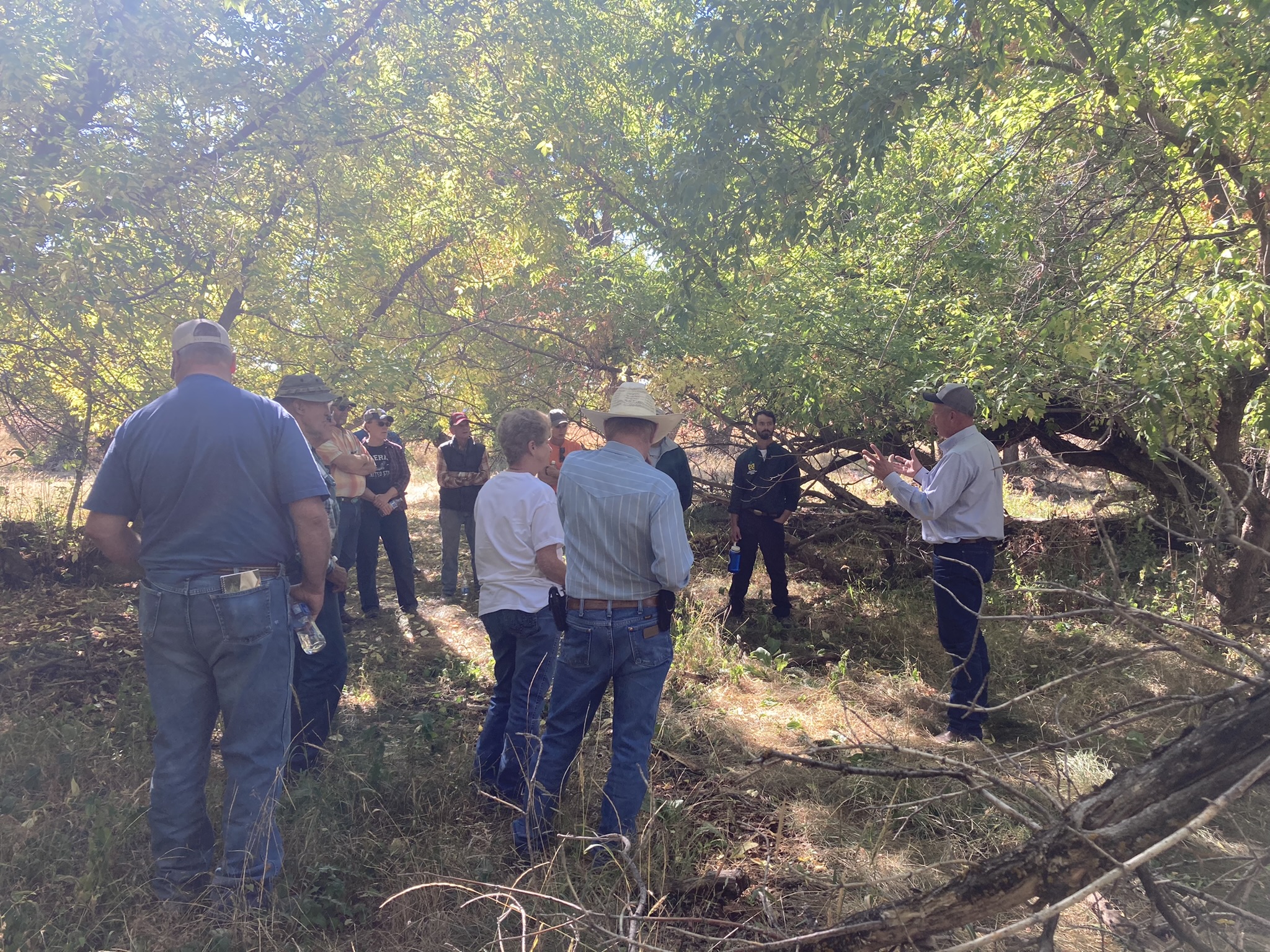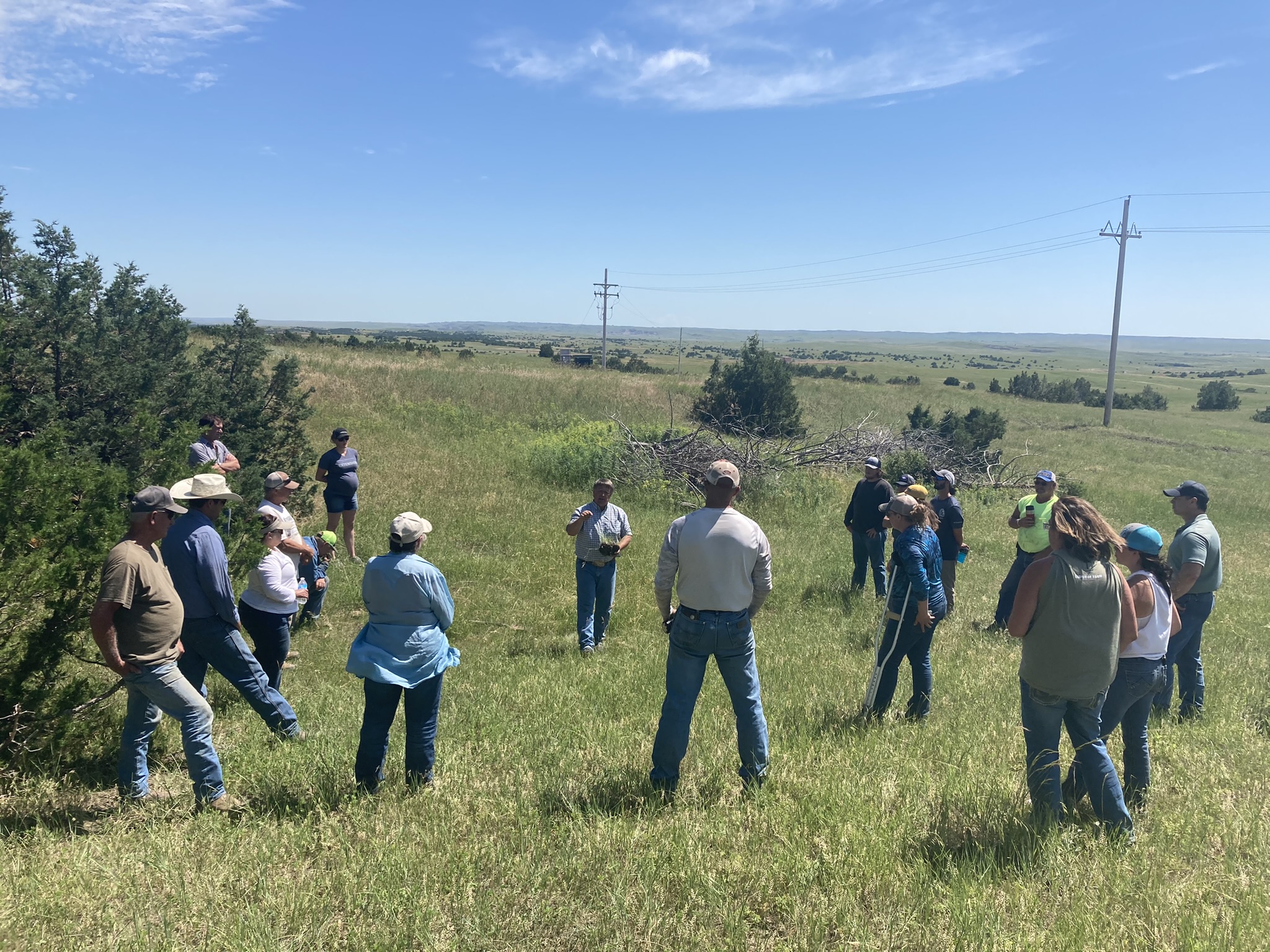
Prairie County
About Prairie County
Published: 2022By Sharla Sackman
Although the population of the county is small, the clientele needs are diverse. MSU Extension’s role is to provide a wide range of educational opportunities and services for the people of Prairie County. Programming areas include agriculture, 4-H and youth development, family and consumer sciences, and community development.
MSU Extension offers agricultural services to assist farmers and ranchers
Published: 2022By Sharla Sackman
Nitrate tests are performed in the Prairie County MSU Extension office to test forage for the presence of the toxin nitrate. As a result of educating producers about the importance of testing their small grain forages for nitrate, producers brought 79 feed samples to be tested. Forty-two percent of the forage tested safe to feed, 44 percent tested at a level high enough that dilution of the feed would be necessary, and 19 percent tested as extremely high with the potential for lethal effects. This information provided producers with needed information to decide about the timing of cutting a crop, when grazing a crop was safe, and how to safely feed the forages tested.
The Prairie County MSU Extension Agent balanced rations for feeding cows and for backgrounding calves to efficiently and economically utilize the feed resources producers have available. Forage quality testing is an important component of ration balancing and marketing forage for sale. MSU Extension assisted producers in submitting 44 forage samples to an accredited lab for nutrient analysis of crude protein, total digestible nutrients, and net energy values to aid in feeding and marketing forages.
Prairie County 4-H provides members opportunities to learn leadership, citizenship, and life skills
Published: 2022By Sharla Sackman
The Prairie County 4-H program provides educational opportunities in a wide variety of 4-H project areas. Eighty-six percent of 4-H members participated in at least one project workshop during the 4-H year. Projects and skills highlighted were Cloverbuds, leathercraft, horsemanship, sewing, visual arts, livestock, entomology, foods, photography, and dog. 4-H members demonstrated skills of competence and confidence in these project areas during the 4-H interview judging process at All Events Day and the Prairie County Fair.
Each year, 4-H members look forward to participating in regional and statewide 4-H activities. Forty-three percent of Prairie County 4-H members took part in these events: Southeastern Montana 4-H Camp and Junior High Youth 'Oreo' trip, Eastern Montana Regional Small Animal Judging, Champion of Champions beef and showmanship contests, and Montana State 4-H Congress. These experiences provide an opportunity for 4-H members to network with others, gain communication skills, and take on leadership roles outside of the county.
MSU Extension helps landowners with invasive pest management
Published: 2022By Sharla Sackman
MSU Extension wrote Montana Noxious Weed Trust Fund (NWTF) grants in 2017, 2018, 2019, 2021, and 2022 to aid private landowners, public land agencies, and the Prairie County Weed District in providing education to producers about houndstongue management as well as implementing a coordinated effort to reduce the spread of the weed.
In the sixth year of the Prairie County Houndstongue project, the Weed District has reported success with control efforts utilizing recommended herbicides. Since 2017, 12 landowners plus three commercial contractors applied recommended herbicides to 570 acres of houndstongue and 280 acres of Canada thistle. By applying for an NWTF grant, MSU Extension helped landowners and the Prairie County Weed District secure $43,667 in grant funding to share herbicide and commercial application costs.
MSU Extension hosts agriculture education events
Published: 2022By Sharla Sackman
In January, guest speakers traveled across Southeastern Montana for the MSU Extension Winter Series, cooperatively planned by MSU Extension agents in Prairie, Dawson, Wibaux, Fallon-Carter, Powder River, Rosebud-Treasure, McCone, Custer, and Garfield counties. Topics presented in Prairie County included pest identification and sampling techniques, landscaping practices for Montana Gardens, and beef production strategies to optimize the use of low-quality feedstuffs. Winter Series continues to be the largest adult education event in Prairie County.
July and September field tours focused on noxious and invasive weed management. An annual tour helps educate producers about noxious weed management. Tour topics included range recovery following drought, invasive species management following a fire, invasive weed management in rangelands, and biological control of noxious weeks.
Prairie County MSU Extension works cooperatively with the Prairie County Grazing District and local producers to plan an annual range tour featuring researchers from Fort Keogh Livestock and Range Research Laboratory. In 2022, topics included information on current research being conducted at Fort Keogh, composite breed stability, range recovery following fire, grazing management during drought and precision agriculture technology. Producers have formed relationships with researchers at Fort Keogh as a long-term result of hosting tours over the years and report using those experts for advice in their livestock operations.






